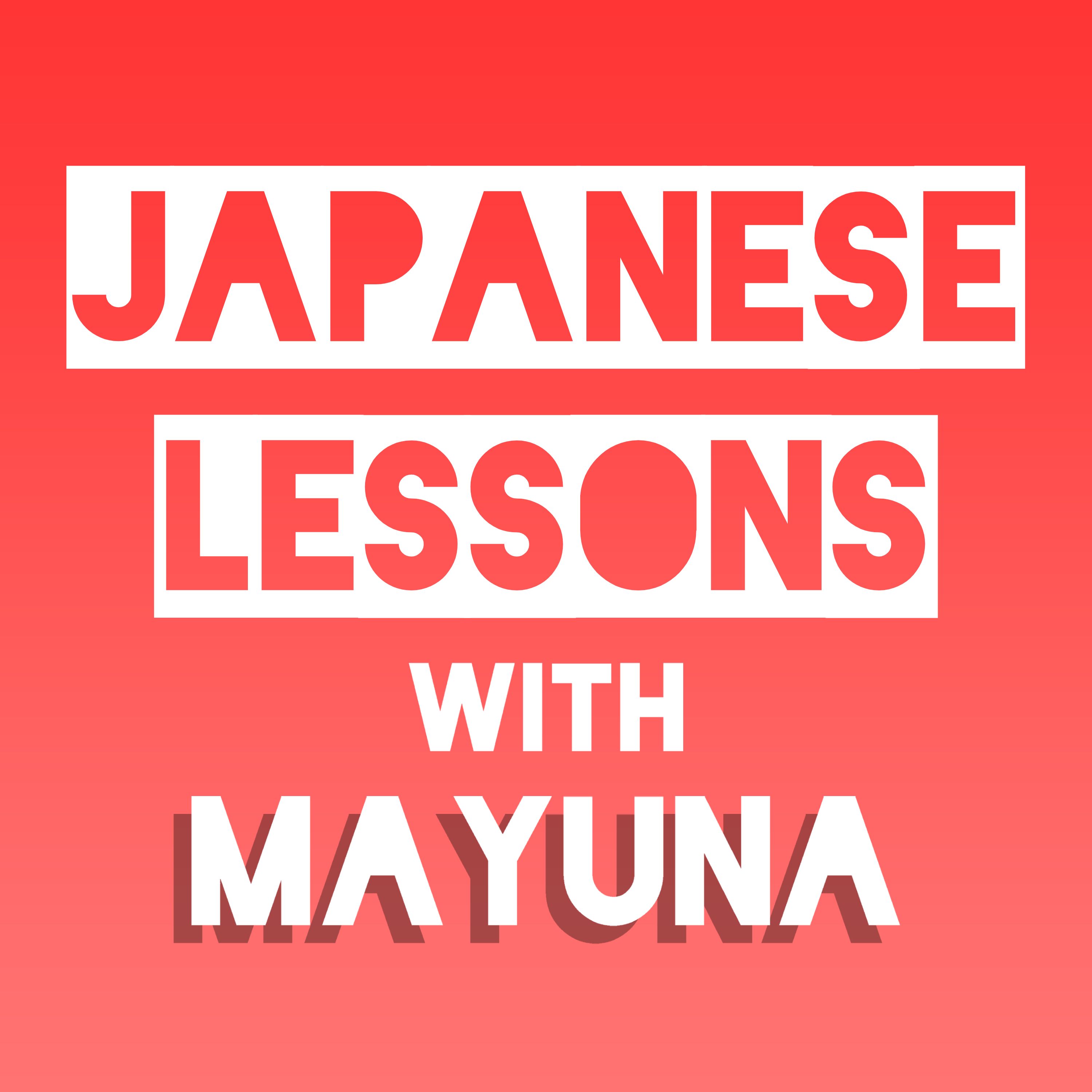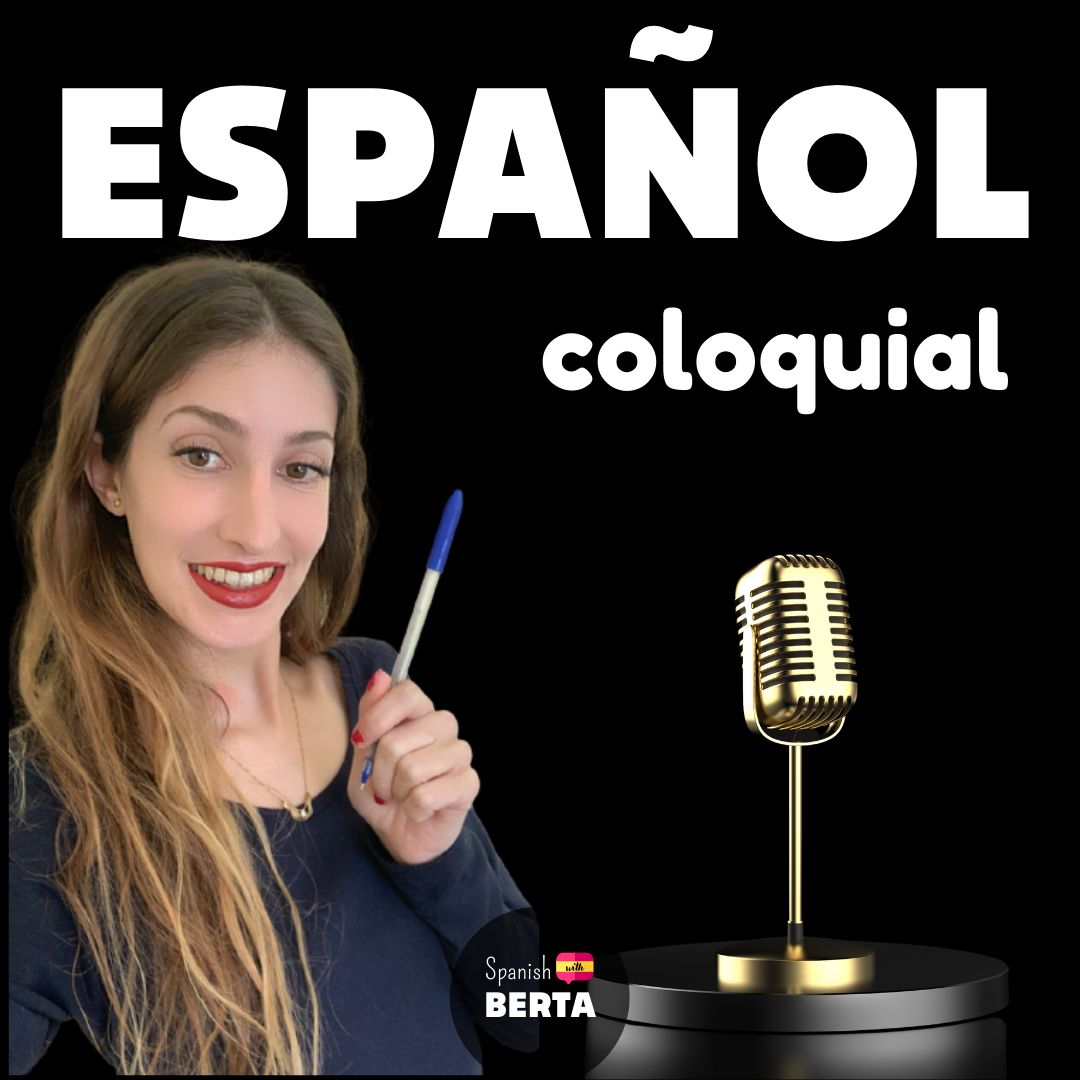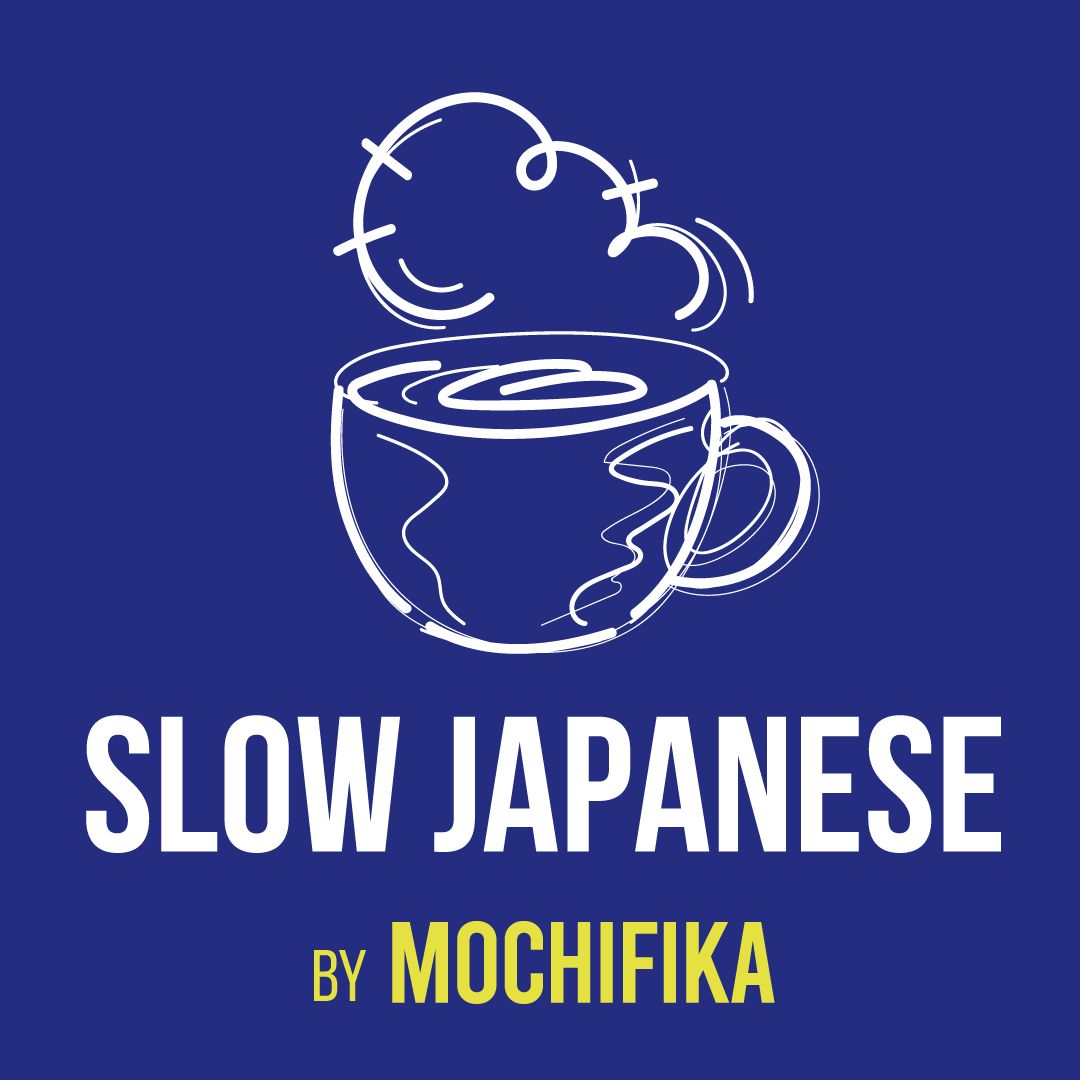
19. 揚げ物
Descrizione
Full transcript: https://japanesemayuna.com/
はい、こんにちは。今回はポッドキャストの19回目です。暖かくなったと思ったら、急に寒くなったので、せっかくしまったジャケットを出さなければなりませんでした。今日もちょっと寒いです。このポッドキャストを配信しているAnchorの統計によると、3月の下旬から、1週間の再生回数が200回を超えるようになりました。ポッドキャストを始めた時は、こんなにたくさんの人に聞いてもらえるとは思っていませんでした。どうもありがとうございます。
Hi, This is the podcast episode 19. Just when I thought it was getting warmer, it suddenly got cold and I had to take out my jacket that I had put away. It's a bit cold again today. According to the statistics from Anchor, the platform that distributes this podcast, the podcast has had over 200 plays per week since late March. When I started the podcast, I didn't expect so many people to listen to it. Thank you very much.
今日は鯵フライを作りました。鯵フライは、鯵という魚を揚げた料理です。私は近頃よく揚げ物を作ります。「揚げ物」とは、揚げて作る料理のことです。てんぷらも、唐揚げも、フライドポテトも、すべて揚げ物です。小麦粉とパン粉と卵と油があれば、なんでも揚げられるので便利です。一般的には「揚げ物を作るのは面倒臭い」という人が多いですね。油をたくさん使わなければならないし、調理中はずっと作業をしなくてはいけないし、油の後始末も大変です。「後始末」とは、使い終わったものを捨てることです。油はシンクに流してはいけませんから、専用の薬品で固めたりして捨てます。
Today I made Aji fries. Aji fry is a deep-fried fish called Aji (horse mackerel). I often make Agemono these days. “Anemono” (fried food) means food that is deep-fried. Tempura, Karaage, French fries - they are all Agemono. It is convenient because you can fry anything if you have flour, breadcrumbs, eggs and oil. In general, many people say that cooking Agemono is a hassle. You have to use a lot of oil, you have to work the whole time while it is cooking and Atoshimatsu the oil takes time. “Atoshimatsu” (cleaning up afterwards) means throwing away what you've used. Oil should not be poured down the sink, so you have to use special chemicals to solidify it or otherwise dispose of it.
それでも私は、揚げ物を作ることを面倒臭いとは思いません。むしろ、毎日違うメニューを考えるほうが面倒です。「むしろ」は、二つの事実を比べて、後に言うことを強調するときに使います。肉や魚を買うだけで作れる揚げ物は、とても楽です。ウィキペディアで調べたら、日本では奈良時代(710-794年)から揚げ物が作られているそうです。日本食には健康的なイメージがありますが、「かりんとう」という伝統的な揚げ物のお菓子は、カロリーが高いです。卵もバターも使いませんが、カロリーはクッキーと同じぐらいです。食べ過ぎは良くないですね。
Canale dei podcast
Japanese Lessons with Mayuna
Autore
Tutti gli episodi

Episode 1: Greeting Friends - AyLin ve Serkan Tanışyor...

Tener enchufe

Episode #36 - SPECIAL EDITION! A scary story that really happened to me!

Telefonema para uma agência imobiliária (real state agency)

Common English phrases

Special iTalki Offer - Turkish Students Earn in USD NOW! 3 Month Online Group Coaching Program With Coach Mark In Manila

Who is the King of the Jungle?

LA PLAZA DE GARIBALDI 2.
Episodi popolari

Turkish Conversations from Zero to Hero
Episode 1: Greeting Friends - AyLin ve Serkan Tanışyor...

Español coloquial
Tener enchufe

Slow Japanese
Episode #36 - SPECIAL EDITION! A scary story that really happened to me!

Language Coach by Edite
Telefonema para uma agência imobiliária (real state agency)

Up Your ALI
Common English phrases

Coach Mark In Manila - ESL Business English Experts iTalki Podcast
Special iTalki Offer - Turkish Students Earn in USD NOW! 3 Month Online Group Coaching Program With Coach Mark In Manila

The Social Evolutionary
Who is the King of the Jungle?

Spanish México
LA PLAZA DE GARIBALDI 2.